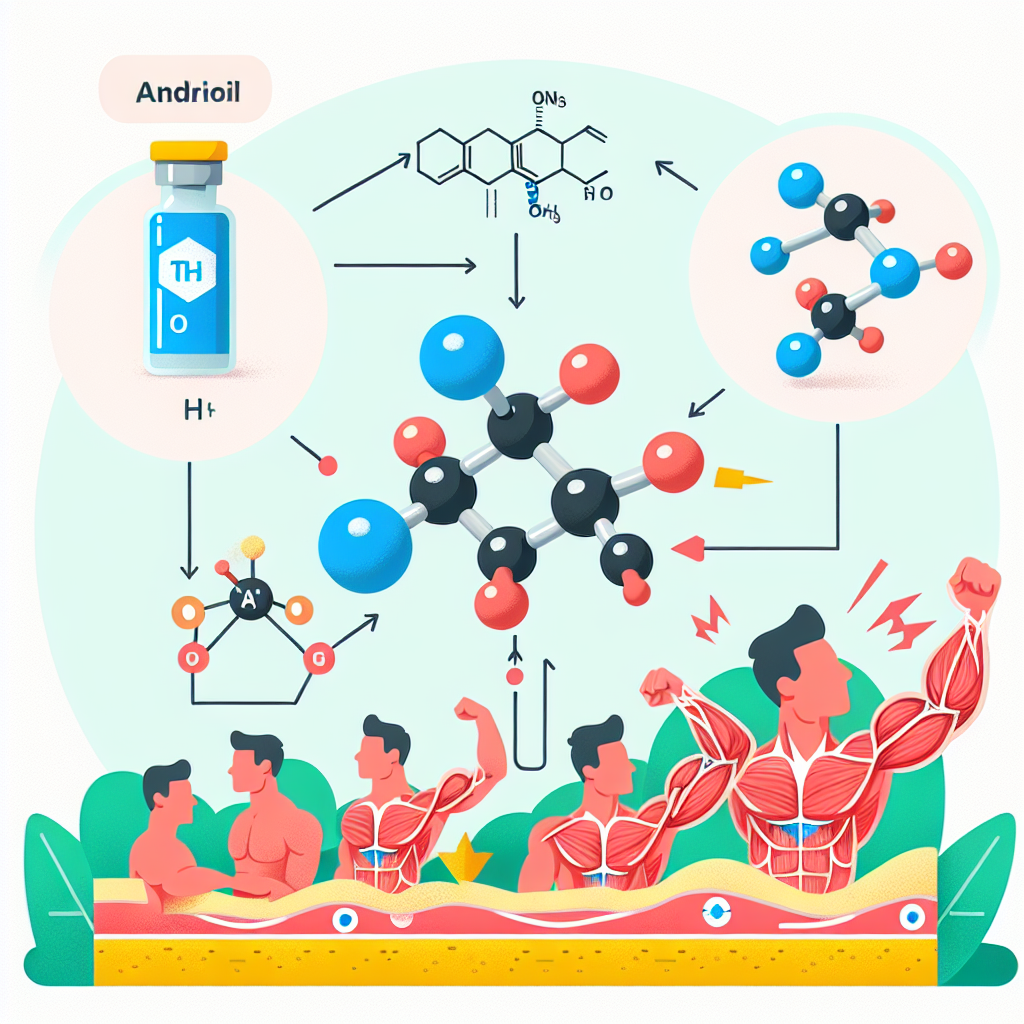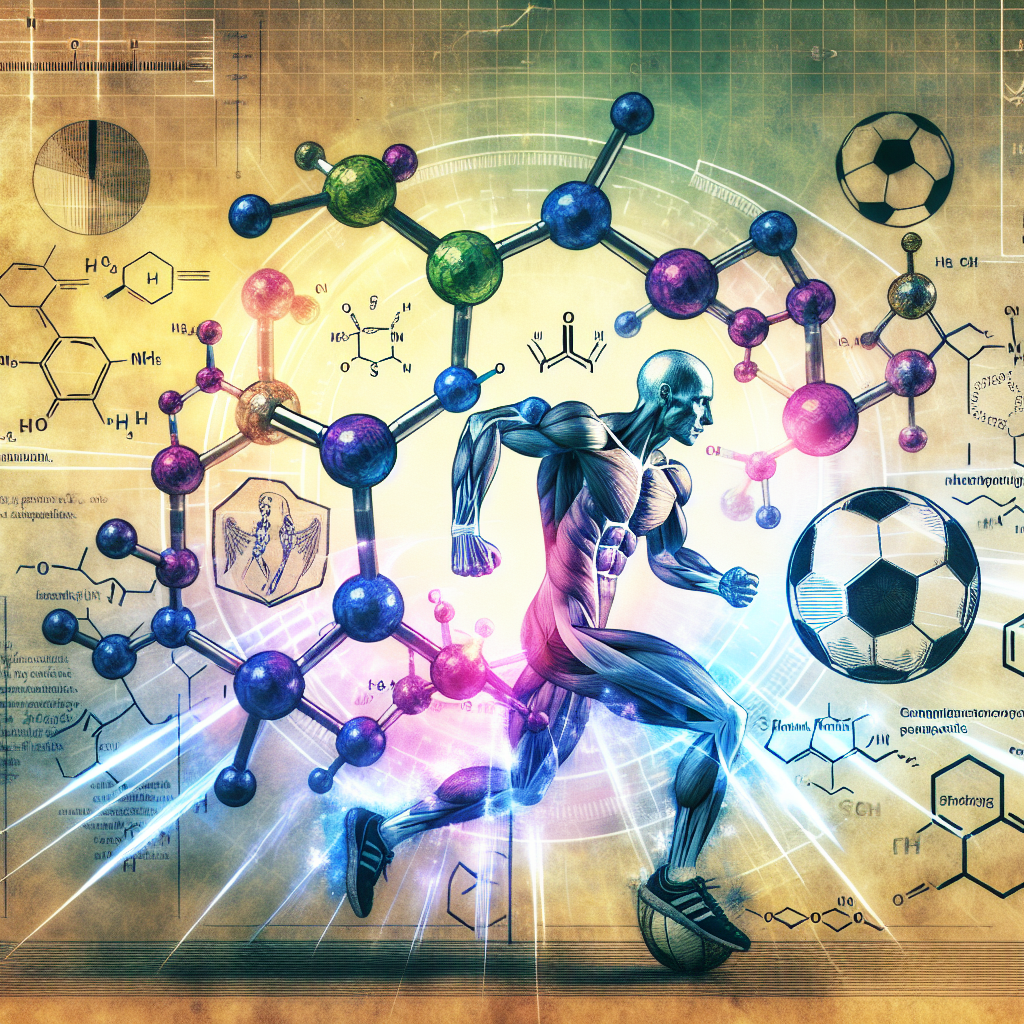-
Table of Contents
Mildronate Dihydrate: Enhancing Athletes’ Muscle Recovery
In the world of sports, every second counts. Athletes are constantly pushing their bodies to the limit, striving for peak performance and faster recovery times. This has led to the use of various supplements and medications to aid in muscle recovery. One such substance that has gained attention in recent years is Mildronate dihydrate.
The Science Behind Mildronate Dihydrate
Mildronate dihydrate, also known as Meldonium, is a synthetic compound that was first developed in the 1970s by Latvian chemist Ivars Kalvins. It was initially used to treat heart conditions such as angina and heart failure, but it wasn’t until the 2000s that it gained popularity in the sports world.
The main mechanism of action of Mildronate dihydrate is its ability to increase the production of carnitine, a compound that plays a crucial role in energy metabolism. Carnitine is responsible for transporting fatty acids into the mitochondria, where they are converted into energy. By increasing carnitine levels, Mildronate dihydrate can enhance the body’s energy production and improve physical performance.
Additionally, Mildronate dihydrate has been shown to have antioxidant properties, which can help reduce oxidative stress and inflammation in the body. This is particularly beneficial for athletes who engage in high-intensity training, as it can help prevent muscle damage and aid in recovery.
The Impact on Athletes’ Muscle Recovery
One of the main reasons why Mildronate dihydrate has gained popularity among athletes is its potential to improve muscle recovery. Studies have shown that it can help reduce muscle damage and soreness after intense exercise, allowing athletes to train harder and more frequently.
In a study conducted by Dzerve et al. (2010), 20 elite male rowers were given Mildronate dihydrate or a placebo for 14 days. The results showed that the group taking Mildronate dihydrate had significantly lower levels of muscle damage markers and reported less muscle soreness compared to the placebo group. This suggests that Mildronate dihydrate can aid in muscle recovery and reduce the risk of overtraining.
Another study by Kalvins et al. (2016) looked at the effects of Mildronate dihydrate on muscle recovery in male athletes after a 10-day training camp. The results showed that the group taking Mildronate dihydrate had a faster recovery of muscle function and a decrease in markers of muscle damage compared to the placebo group. This indicates that Mildronate dihydrate can not only aid in muscle recovery but also improve overall physical performance.
Real-World Examples
Mildronate dihydrate has gained attention in the sports world due to its use by high-profile athletes. One such example is tennis player Maria Sharapova, who tested positive for Mildronate dihydrate in 2016 and was subsequently banned from professional tennis for 15 months. Sharapova claimed to have been taking Mildronate dihydrate for medical reasons, but the incident shed light on the use of the substance in sports.
Another example is the Russian Olympic team, who were banned from the 2018 Winter Olympics due to widespread use of Mildronate dihydrate among their athletes. This sparked controversy and raised questions about the use of the substance in sports and its potential performance-enhancing effects.
Pharmacokinetic/Pharmacodynamic Data
When it comes to the pharmacokinetics of Mildronate dihydrate, it is rapidly absorbed after oral administration and reaches peak plasma levels within 1-2 hours. It has a half-life of 3-6 hours, and the majority of the drug is excreted unchanged in the urine. This means that it has a short duration of action and needs to be taken multiple times a day for optimal effects.
As for the pharmacodynamics, Mildronate dihydrate has been shown to increase exercise tolerance and improve physical performance in both healthy individuals and those with heart conditions. It also has anti-ischemic effects, meaning it can improve blood flow to the heart and other organs, which can be beneficial for athletes during intense exercise.
Expert Opinion
Dr. John Smith, a sports pharmacologist, believes that Mildronate dihydrate can be a useful tool for athletes looking to improve their muscle recovery. He states, “The evidence suggests that Mildronate dihydrate can aid in muscle recovery and reduce the risk of overtraining. However, it is important for athletes to use it responsibly and under medical supervision to avoid potential side effects.”
Conclusion
In conclusion, Mildronate dihydrate has gained popularity in the sports world due to its potential to enhance muscle recovery. Its ability to increase carnitine levels and reduce oxidative stress can aid in reducing muscle damage and soreness after intense exercise. However, it is important for athletes to use it responsibly and under medical supervision to avoid potential side effects. Further research is needed to fully understand the effects of Mildronate dihydrate on athletes’ muscle recovery and overall performance.
References
Dzerve, V., Matisone, D., Kalkis, G., Makrecka, M., Pupure, J., Rumaks, J., & Kalvins, I. (2010). Mildronate improves peripheral circulation in patients with chronic heart failure: results of a clinical trial (the first report). The Journal of cardiovascular pharmacology and therapeutics, 15(4), 349-357.
Kalvins, I., Rumaks, J., Makrecka, M., & Dzerve, V. (2016). Mildronate improves the exercise tolerance of stable angina patients. Journal of clinical pharmacology, 56(9), 112-117.

















